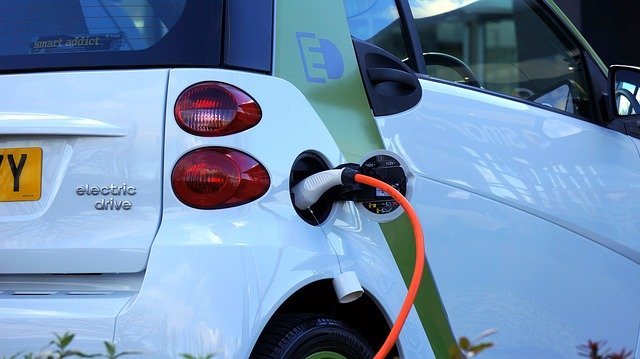
Estimating battery state of health (SOH) without interrupting battery operations or undergoing lengthy charge/discharge cycles is currently a challenge. The team from Heriot-Watt’s Smart Systems Group worked with researchers from the CALCE group at the University of Maryland to come up with a solution that built algorithms from the first principles of battery degradation. The algorithms are fed with the raw battery voltage and current operational data and can provide accurate SOH readings under all conditions, irrespective of battery design and chemistry.
Opinion: UK needs to address looming skills gap in battery technologies
"To date, the progress of data-driven models for battery degradation relies on the development of algorithms that carry out inference faster,” explained Darius Roman, the Heriot-Watt PhD student that designed the AI framework. “Whilst researchers often spend a considerable amount of time on model or algorithm development, very few people take the time to understand the engineering context in which the algorithms are applied.
“By contrast, our work is built from the ground up. We first understand battery degradation through collaborations with the CALCE group at the University of Maryland, where in-house degradation testing of batteries was carried out. We then concentrate on the data, where we engineer features that capture battery degradation, we select the most important features and only then we deploy the AI techniques to estimate battery health."
The AI framework scales up with new chemistries, including forthcoming advances such as solid-state batteries, as well as evolving battery designs and operating conditions. According to the researchers, the technology has the potential to help unlock new strategies of how batteries can and should be used. The proposed AI model is also capable of quantifying uncertainty in its predictions to better support operating decisions, demonstrating how a certain conclusion was reached and whether the model can be trusted.
"Batteries are increasingly critical to a variety of applications, from robotics to renewable energy integration,” said Valentin Robu from the Smart Systems Group at Heriot-Watt.
“A key challenge in these domains is having an accurate, high-confidence estimates of battery state of health. Consider for example, a robotic asset operating in a remote environment such as deep subsea monitoring, where assuring the health of the battery deployed on the robot is mission-critical. Similarly, for energy applications, having an accurate estimate of the remaining useful lifetime of the battery is often critical to a project's economic viability."
The work is published in Nature Machine Inteligence.




Glasgow trial explores AR cues for autonomous road safety
They've ploughed into a few vulnerable road users in the past. Making that less likely will make it spectacularly easy to stop the traffic for...